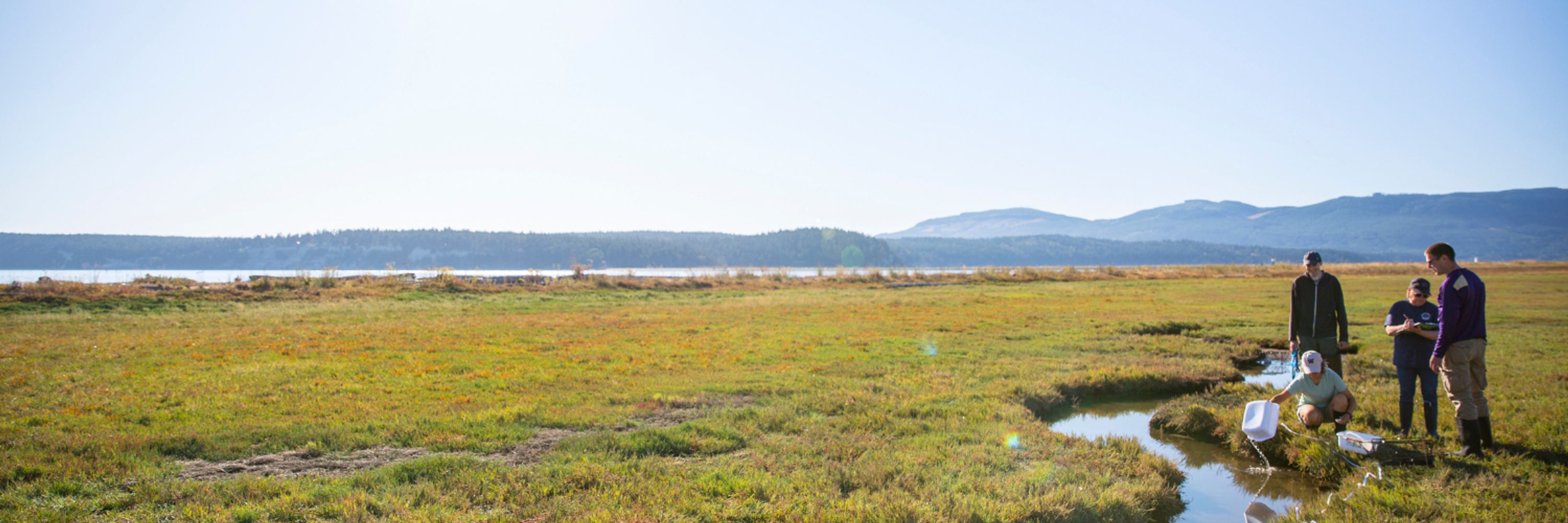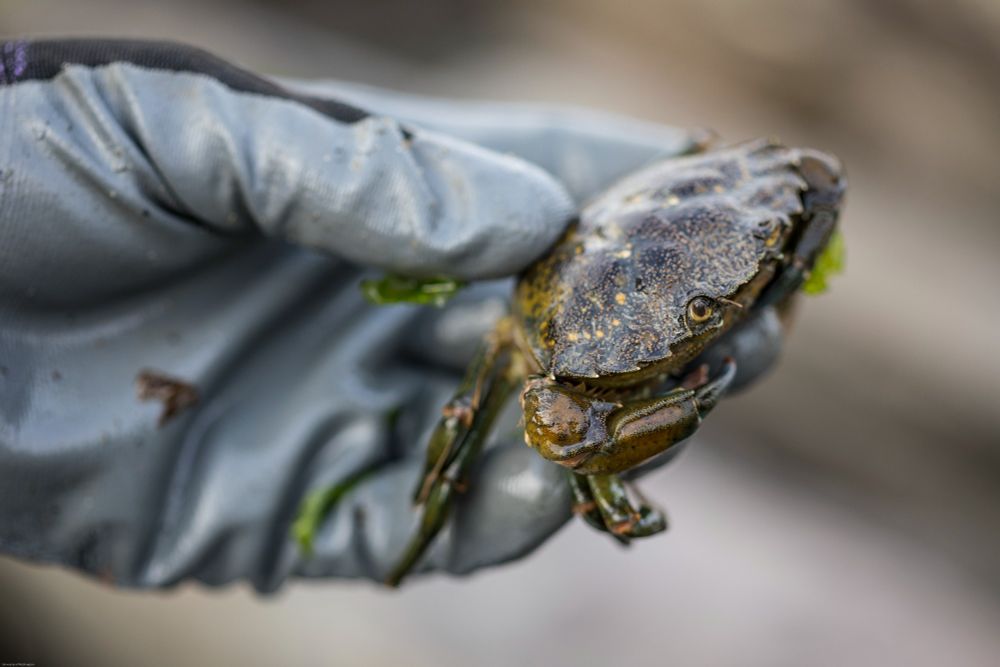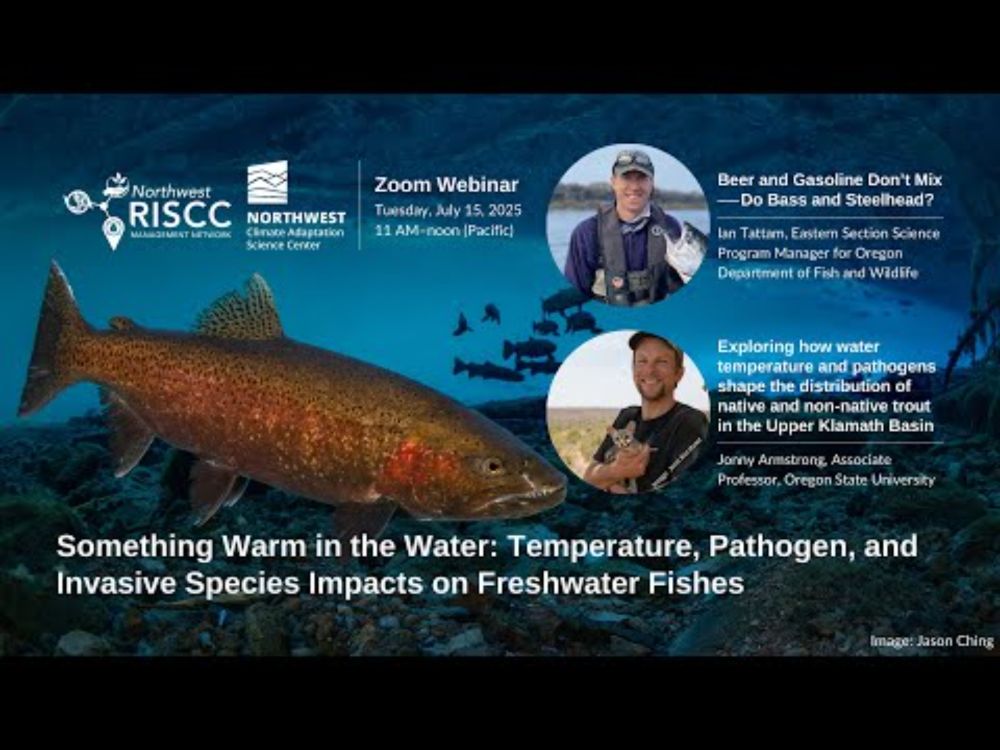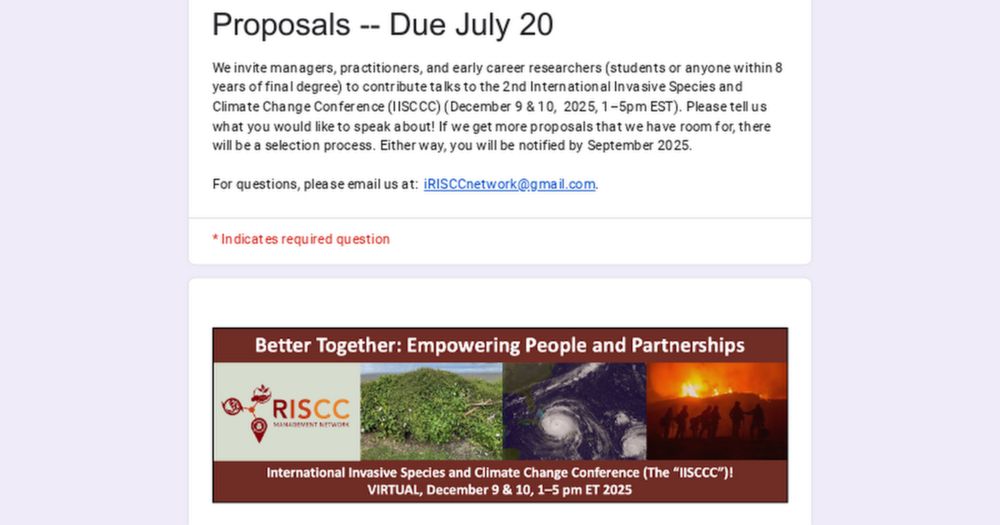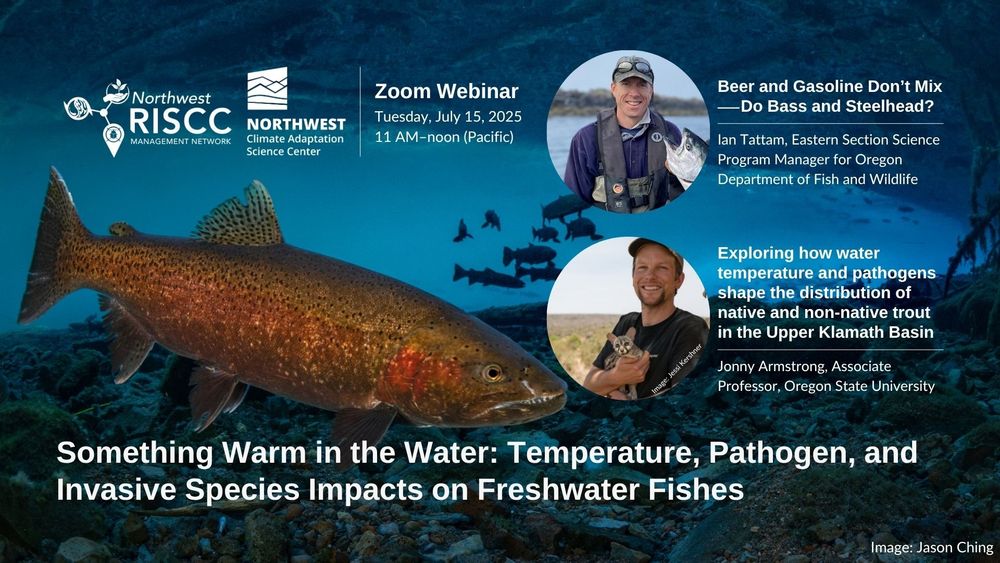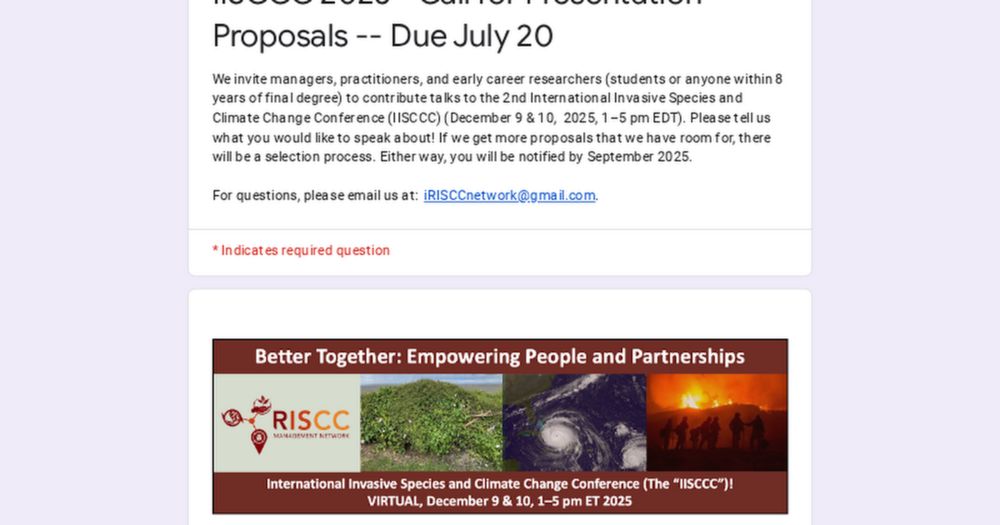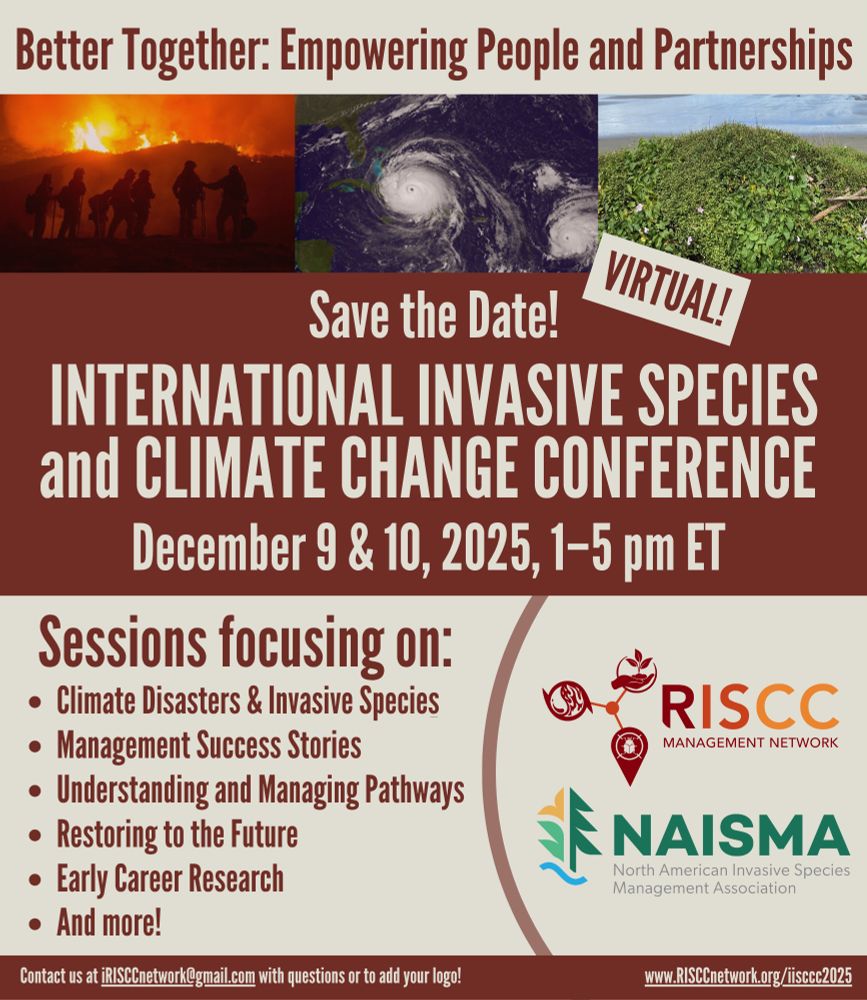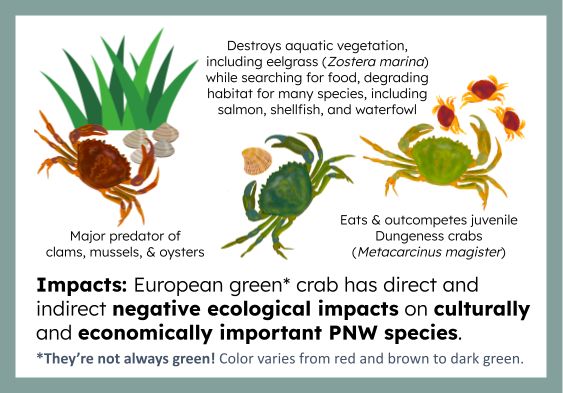Northwest RISCC Network
@nwriscc.bsky.social
200 followers
96 following
16 posts
Connecting research with practice at the nexus of climate change and invasive species in the Northwest
A program of the Northwest Climate Adaptation Science Center @nwcasc.bsky.social and part of the broader RISCC Network
www.nwriscc.org
Posts
Media
Videos
Starter Packs
Pinned
Reposted by Northwest RISCC Network
